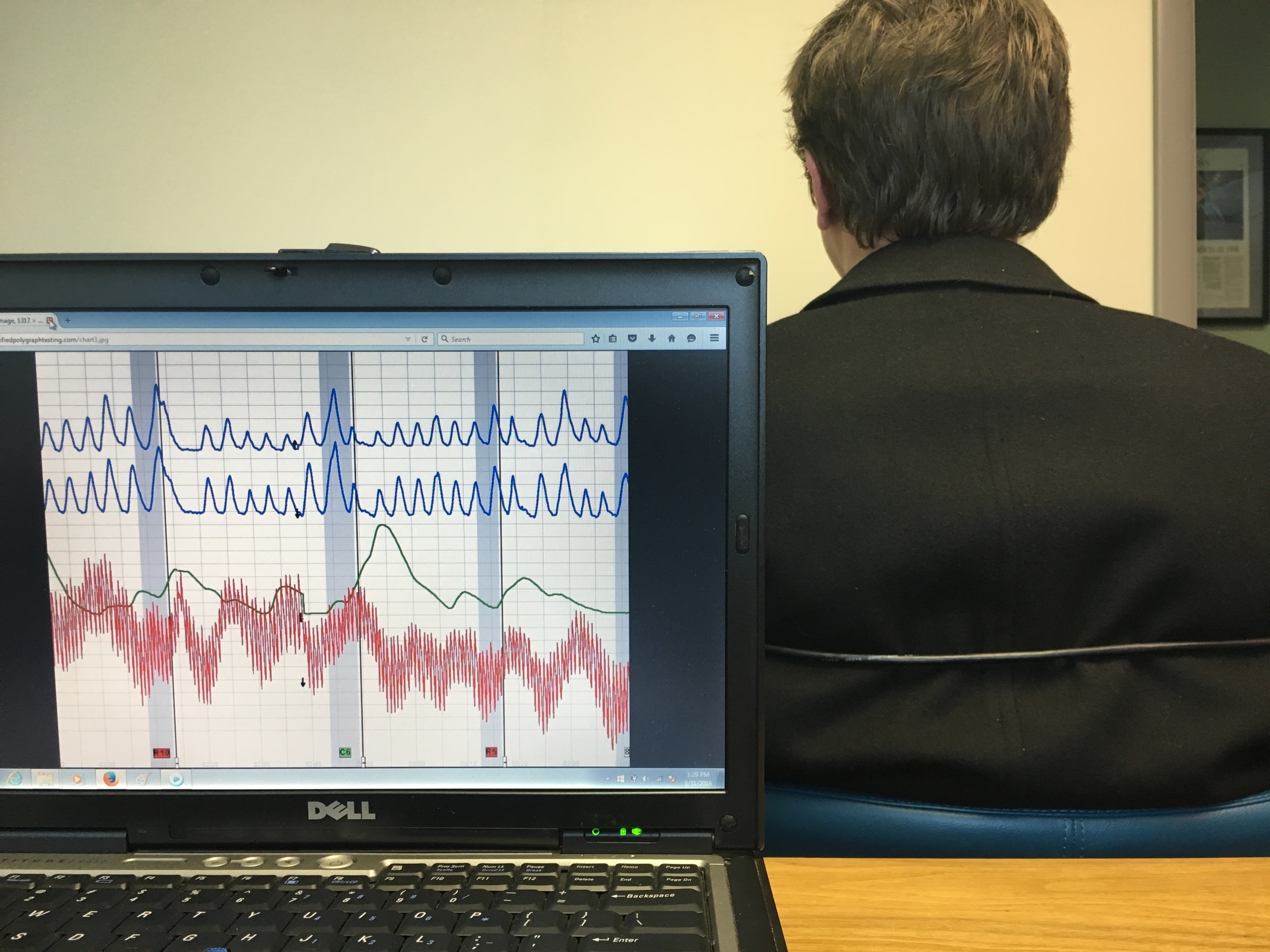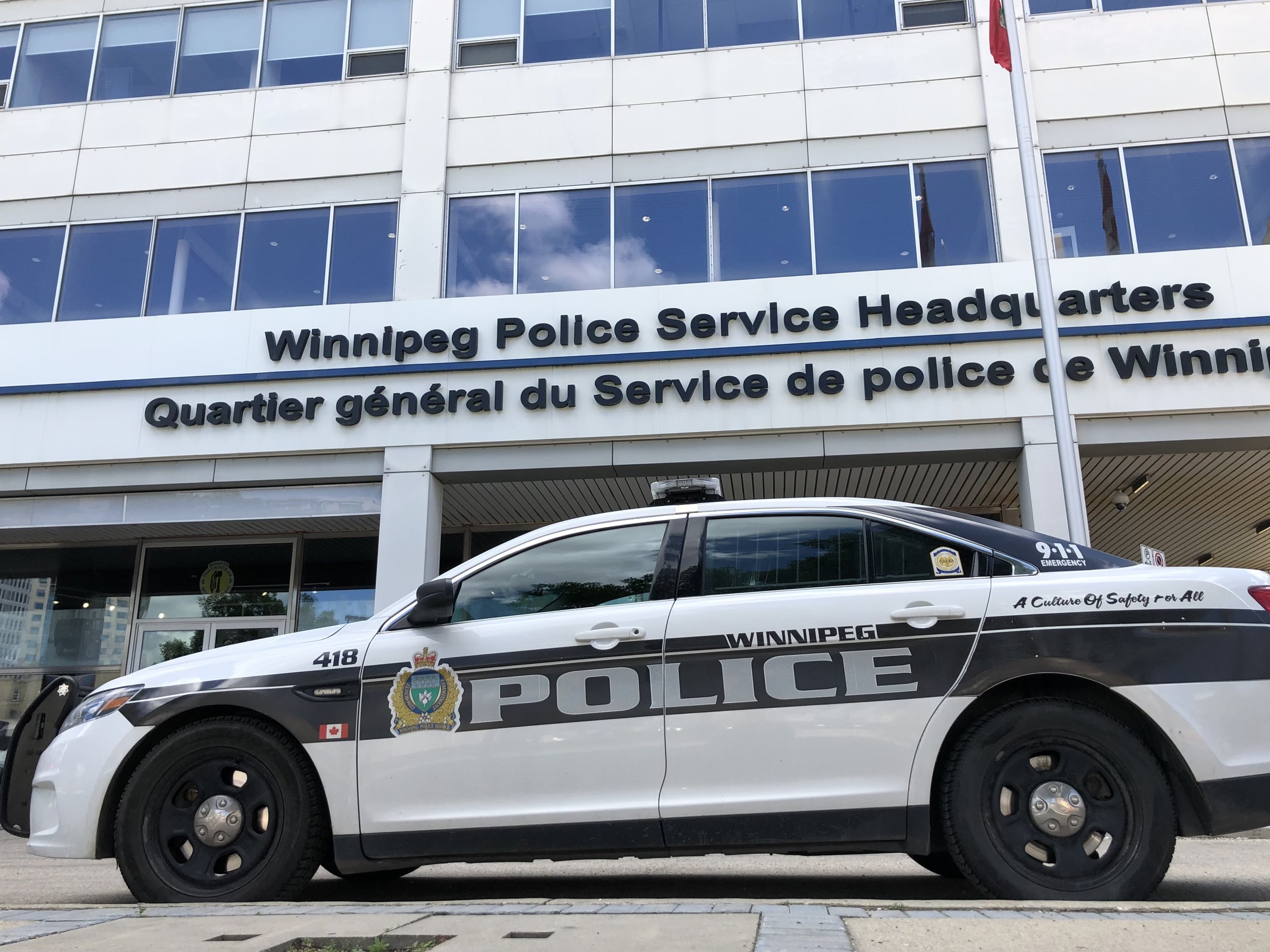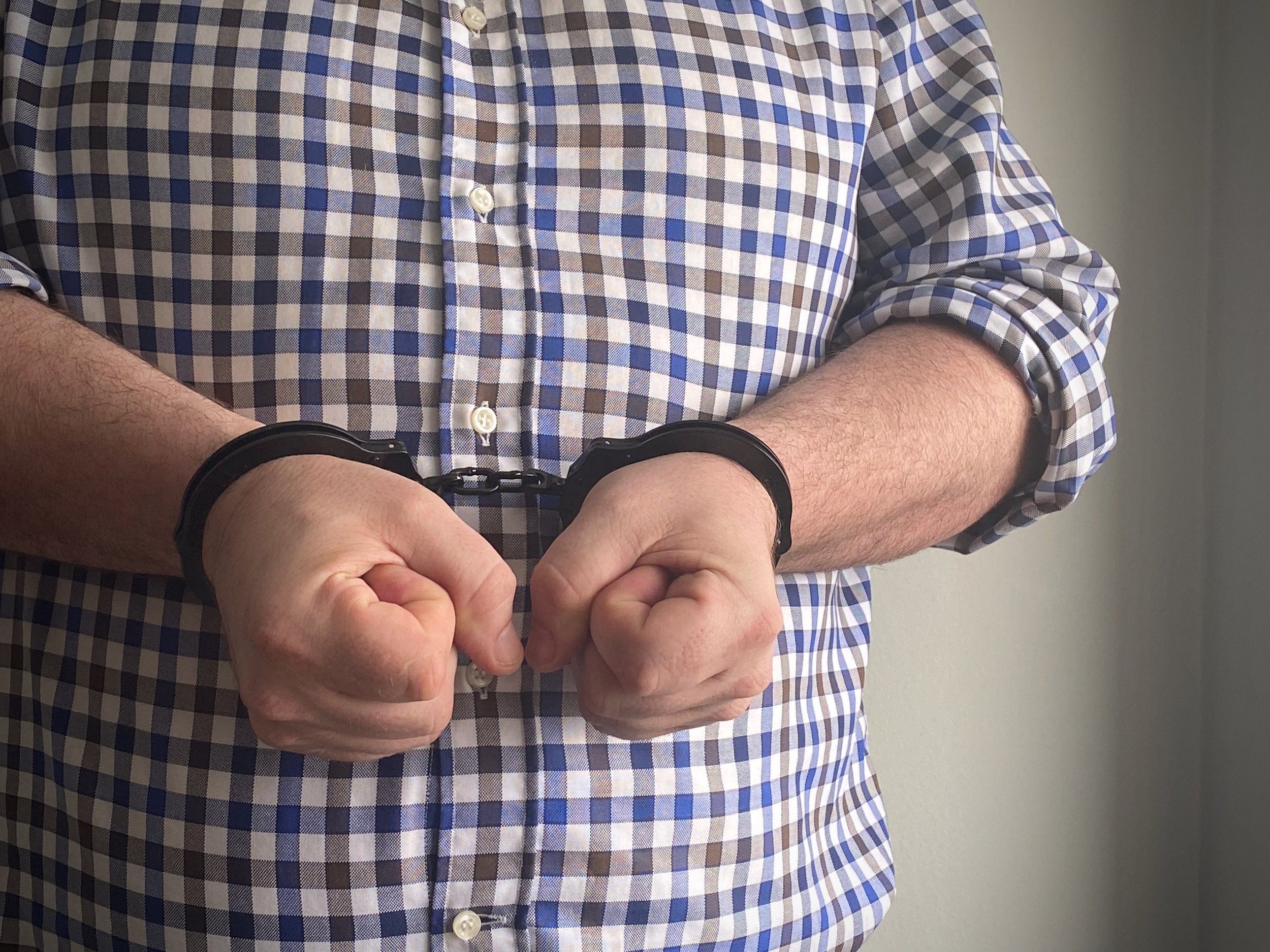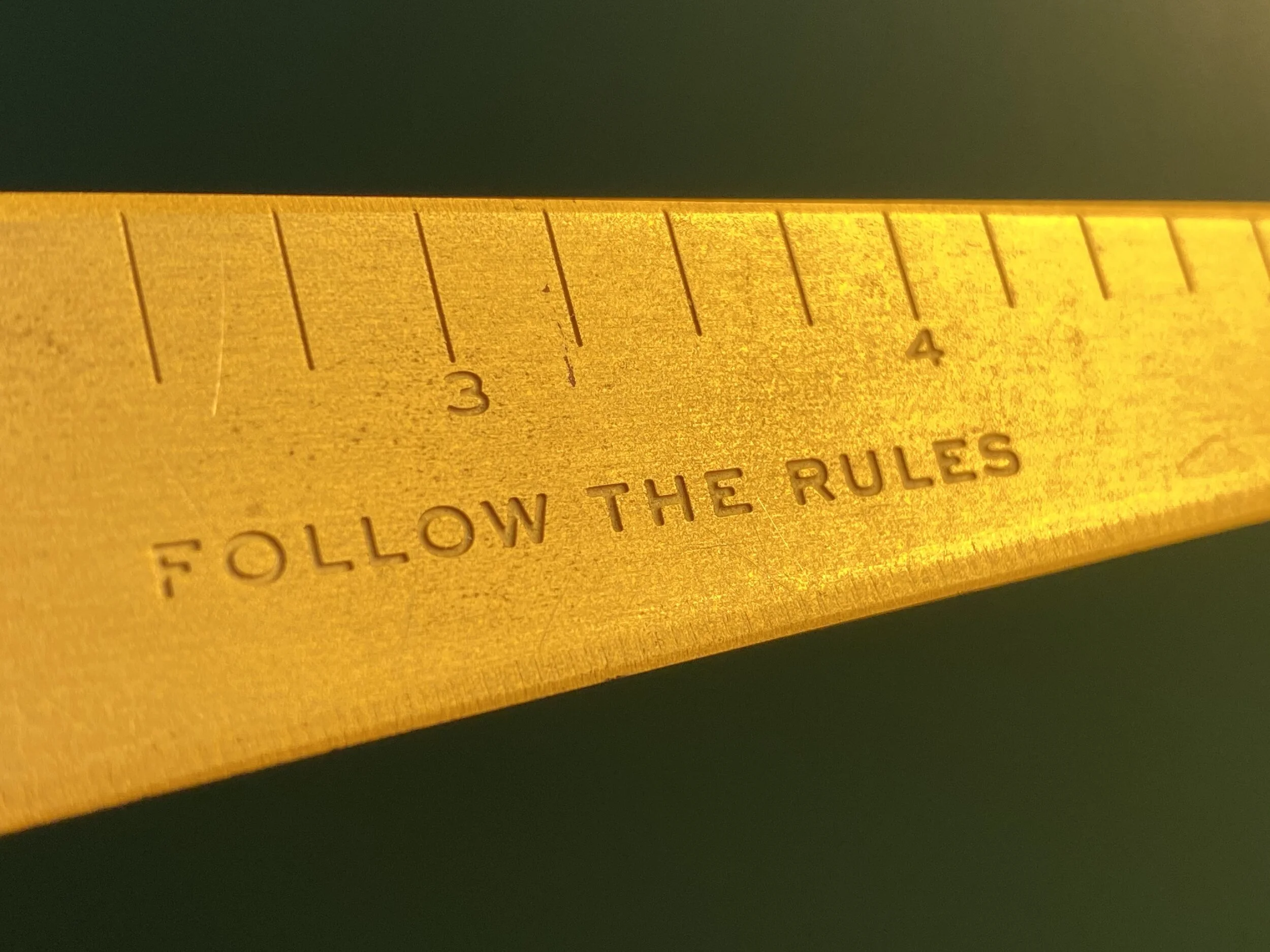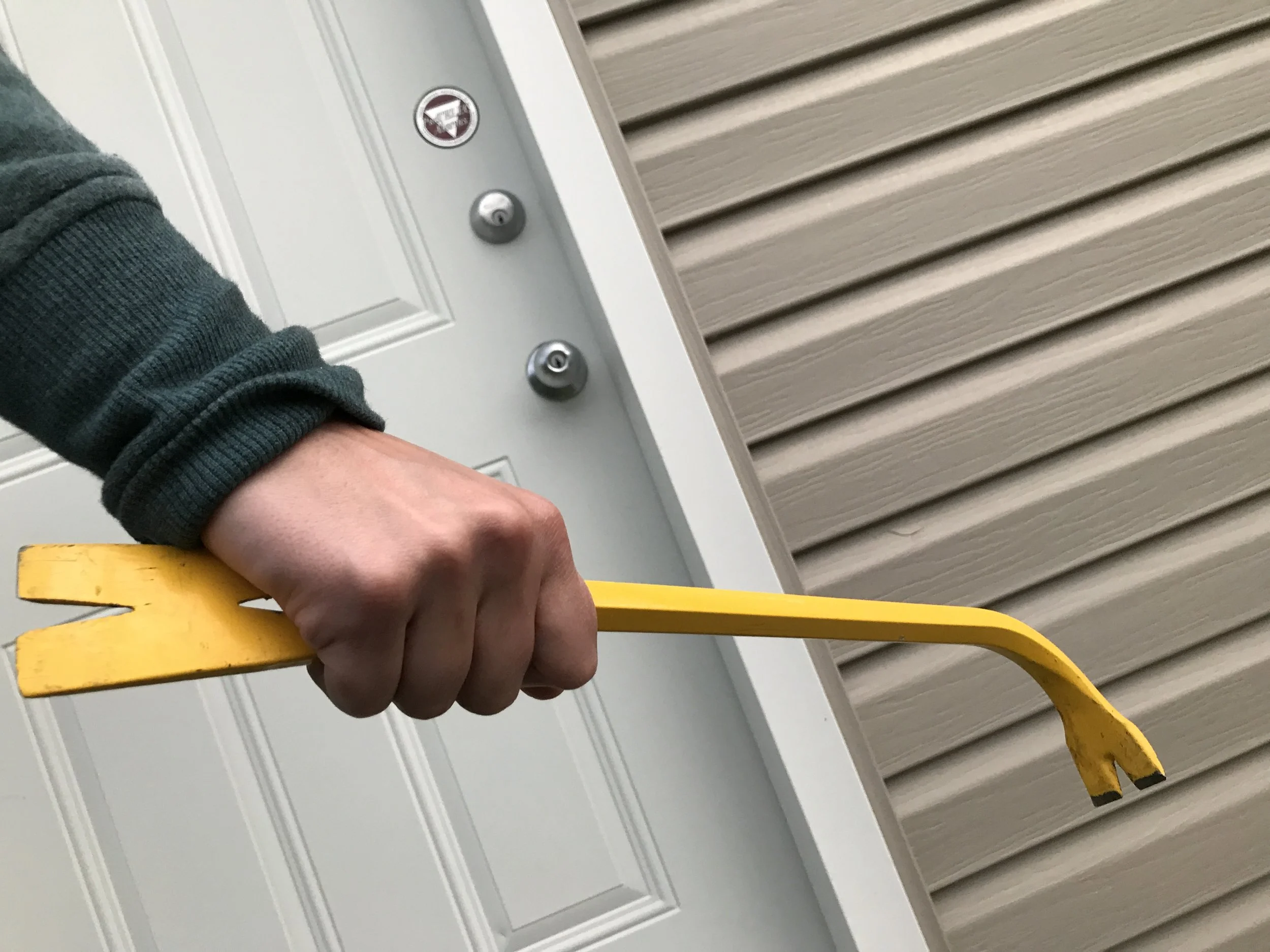Over the last couple of years, many people have contacted me with a similar situation: members of the Winnipeg Police Service want to talk to them. Most of the time, people are nervous when the police contact them directly. What do they want to talk to me about? Am I in trouble? Will I be arrested? They want me to do a polygraph test, should I? These are all fantastic questions and the advice I have for you is very simple. If the police want to speak to you, you should speak to a lawyer first.
The most important thing to remember is the role of police officers in Canada - to investigate criminal offences and then arrest and charge people. Just as the police have a right to investigate crimes by interviewing potential victims, witnesses, and suspects, you have the right to remain silent and not answer any question for any reason. The right to remain silent is included as protection under the Canadian Charter of Rights and Freedoms. It is not specifically spelled out in the Charter, but it is part of section 7 and 11(c):
7 Everyone has the right to life, liberty and security of the person and the right not to be deprived thereof except in accordance with the principles of fundamental justice.
11(c) Any person charged with an offence has the right not to be compelled to be a witness in proceedings against that person in respect of the offence
If you are a gladiator and about to go into battle and someone offers you a shield, would you take it? Of course you would. The right to remain silent is no different. The government has given you a shield to protect yourself from the overwhelming power and resources of the police. The right to remain silent is designed to protect you, so why would you choose not to use it?
There are three situations where I believe people can speak to the police:
You are the victim of a crime. If you do not contact the police or report what happened, nothing will be done to arrest the offender. However, many people find themselves in situations where they may be both a victim and a perpetrator. For example, a fight where you defend yourself from an attack. But self-defence is a complex area of the law and what you may think is alright and acceptable may actually be excessive and illegal. It would be best to speak with a lawyer about your situation first before speaking with police.
You are the witness of a crime. If you happen to see a crime unfold, by all means, you can talk to the police and describe what you saw. Eyewitnesses are a fundamental part of the justice system. However, if you help, encourage, or assist someone in committing a crime, then you are guilty of the same crime. For example, if you are watching out for the police while someone robs a store or you encourage your friend to punch the guy at a bar. You should only speak with the police if you were not involved with the crime in any way but just happened to see what happened.
You are a potential suspect of a crime BUT you have an alibi. In very very rare cases, I have clients who are accused of committing a crime at a specific time but they can verify (usually through an employer) that it was impossible for them to have committed the crime because they were somewhere else. Most of the time, potential alibi witnesses are friends or family members who may have a motive to lie to help out the client. Making up a lie as an alibi will not work and you will be found out. Even if you have an alibi, you can discuss it in detail with your lawyer before providing details to the police but you should do this as quickly as possible.
You are a potential suspect of a crime. Do not talk to the police. Do not answer any questions for any reason. Use your shield - your right to remain silent.
What if I didn't do it? Can't I just explain it to the police and the whole thing will be over?
It seems easy enough, just explain yourself and the police will understand. However, in my experience, the police are more than happy to believe that you are being truthful and honest if you confess to the crime or admit to your involvement. If you deny it, they tend to assume you are lying to them. Remember, if the police think you are a suspect, in their own mind, they think that you committed the offence. Or least you may have committed the offence. I find that sometimes police officers get into tunnel vision where they discount, disregard, or ignore information that points away from their theory (that you're guilty) and they give more weight to information that points towards their theory. You will have a chance to explain yourself and tell your side of the story. You do that with your lawyer, who will actually listen to you, or in court at a trial with a Judge, a person who is neutral in the justice system.
What if the police want me to do a polygraph test or a lie detector test?
The results of a lie detector test (whether you answered truthfully or not) are NOT admissible in criminal courts. The Supreme Court of Canada determined that in R. v. Béland, [1987] 2 S.C.R. 398 when it concluded at paragraph 18:
In conclusion, it is my opinion, based upon a consideration of rules of evidence long established and applied in our courts, that the polygraph has no place in the judicial process where it is employed as a tool to determine or to test the credibility of witnesses.
However, anything you say to the police while answering the questions CAN be admissible in court as a statement. So the police could not testify about whether or not the polygraph results said you were truthful or lying but they could testify about what you said to them. Once again, I have to go back to the right to remain silent and how it is a significant protection that is available for you to use throughout your dealings with the police. You should exercise your right to remain silent with the police and they can exercise their right to question and interview you.
Related articles
Testifying in Your Own Defence (MichaelDyck.ca)
Are you guilty? (MichaelDyck.ca)
Interrogation By Police (TomRees.ca)
Should I Make a Statement to the Police (TomRees.ca)
About the author
Michael Dyck is a partner at Rees & Dyck Criminal Defence. He represents clients primarily from Winnipeg, Steinbach, and rural Manitoba. He has extensive experience helping people charged with criminal offences and focuses on building legal strategy with clients. To read more of his articles, please visit his partner's website TomRees.ca.
